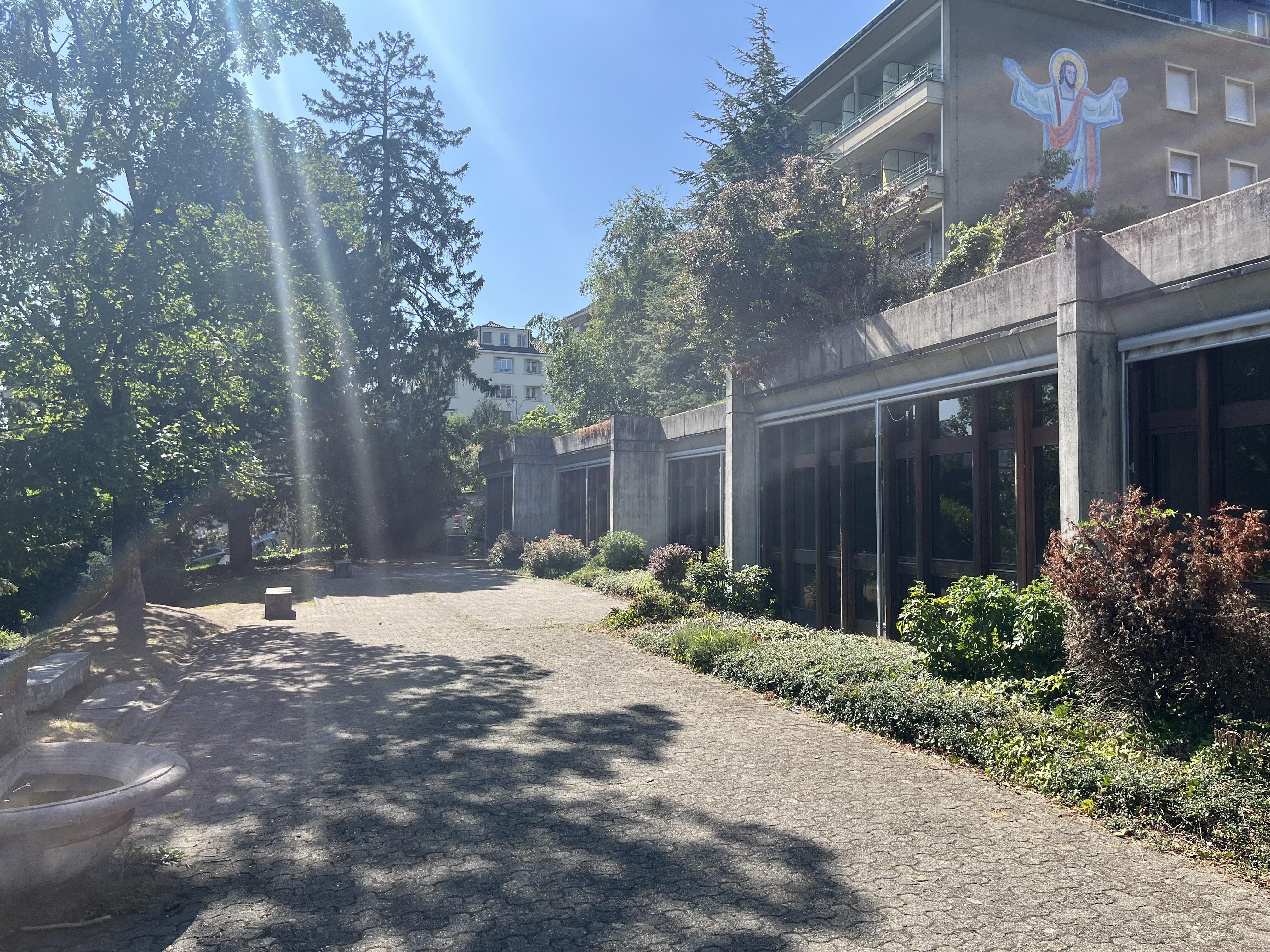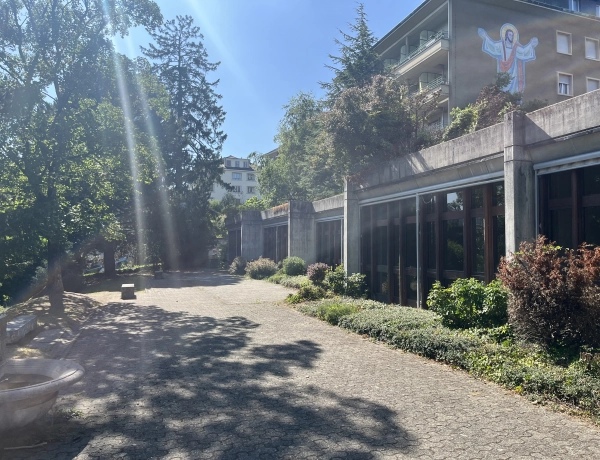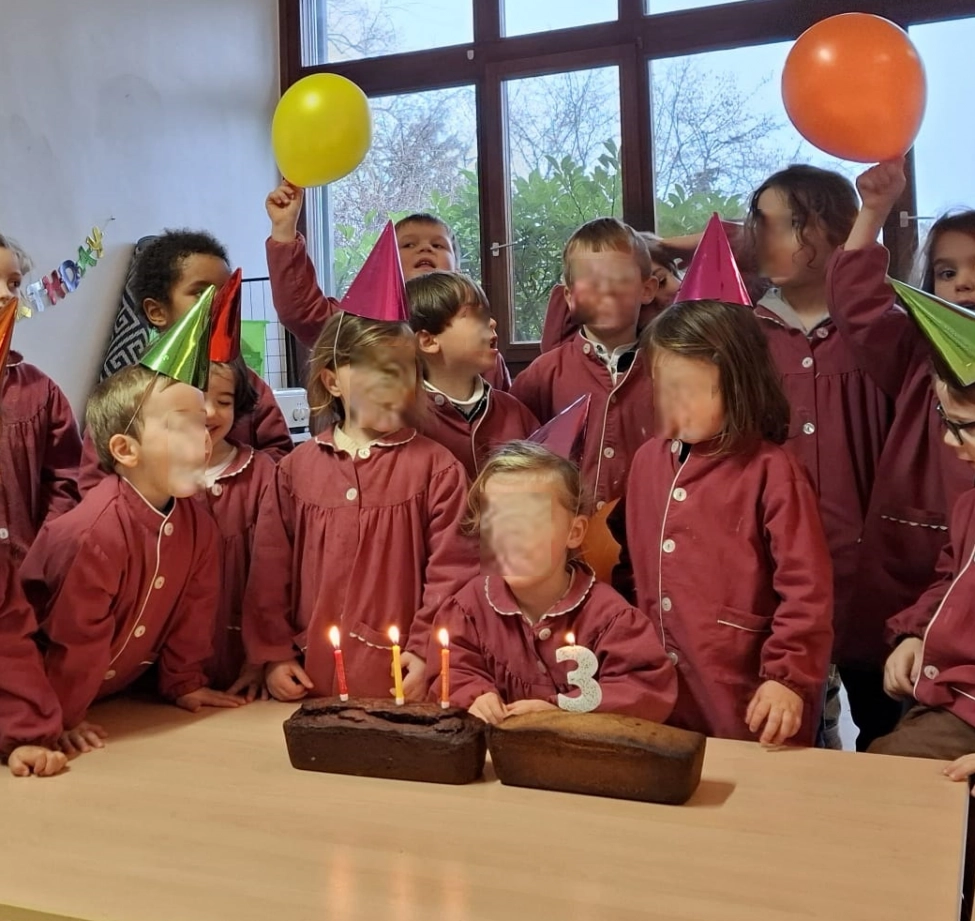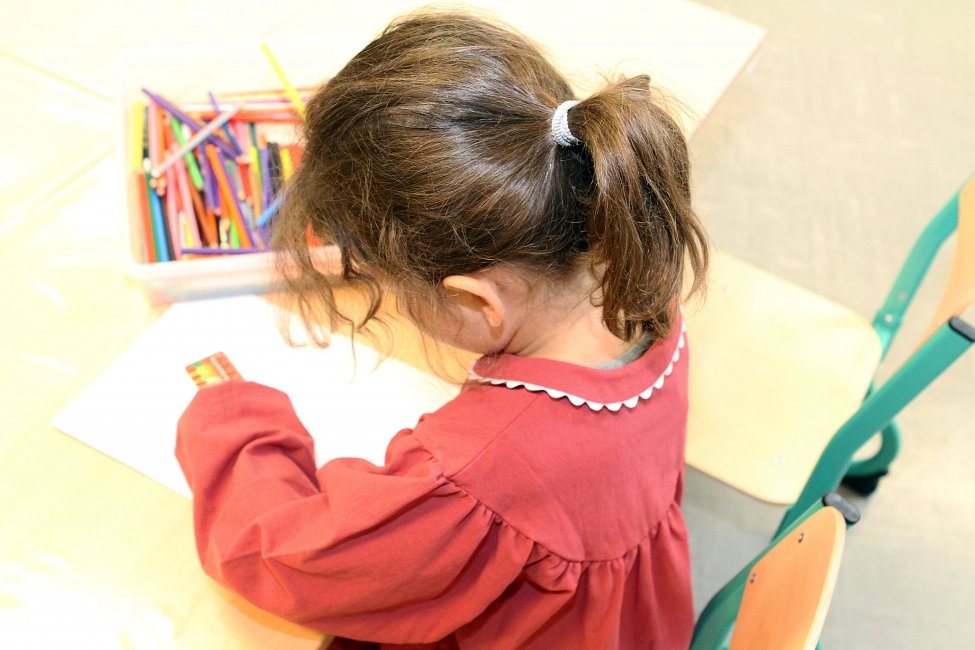Saint Dominique Savio School
The Saint Dominique Savio school is managed and run by a team of passionate and professional educators, chosen for their recognised skills with French, Swiss and international families.
The Saint Dominique Savio school is managed and run by a team of passionate and professional educators, chosen for their recognised skills with French, Swiss and international families.





Saint-Dominique Savio is an inclusive International Catholic School that opened its doors in September 2023.
It is located in the Montchoisi district, right at the heart of Lausanne. The area is well served by public transport and easily accessible for families.
Set in a green space and covering an area of over 1 hectare, the many classrooms are numerous, spacious and bright, enabling a wholistic school life that encourages the various forms of learning delivered by the teaching team.
The use of digital technology and screens is reserved for the teaching staff in order to maintain children's attention and concentration levels, as well as to encourage a taste for camaraderie, play and outdoor activities.
The school's Christian educational project aims at the complete formation of the child. The spiritual and moral values of the Gospel are encouraged and celebrated through daily prayer times, important feasts of the liturgical year, and by following the exemplary life of Dominic Savio, the School's patron saint.
Childcare is available all week on demand, please contact us.


